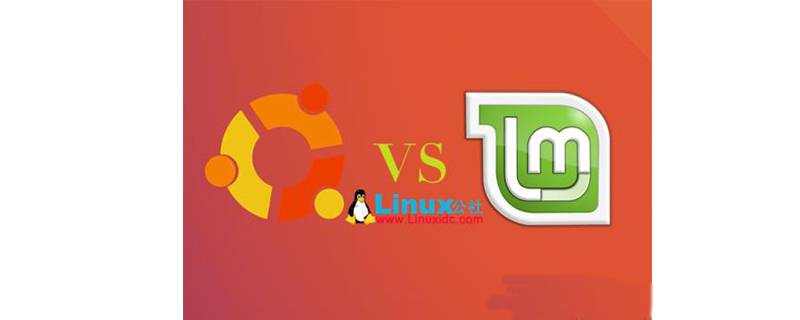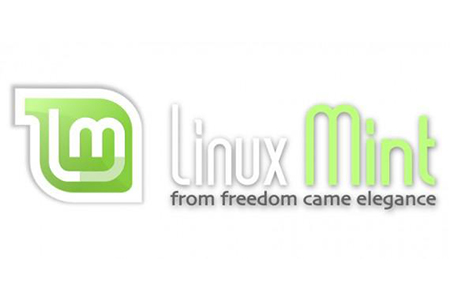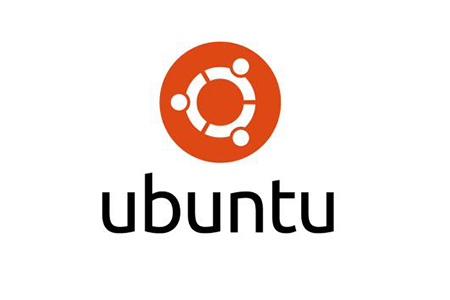 Operation and Maintenance
Operation and Maintenance
 Linux Operation and Maintenance
Linux Operation and Maintenance
 Which one is better, Linux Mint or Ubuntu?
Which one is better, Linux Mint or Ubuntu?
Which one is better, Linux Mint or Ubuntu?
The differences between Linux Mint and Ubuntu are: in terms of performance, the former is fast and the latter becomes slower and slower with time. In terms of upgradability, the former is similar to Windows and the latter is like Mac. OS X, mint is easier to find application software than ubuntu
Linux Mint and ubuntu are the two most popular system desktops in Linux systems, and each version of the media has many new features. Next, in the article, I will introduce the differences between the two versions in detail, which will provide a certain reference. I hope it will be helpful to everyone.

【Recommended course: Linux Tutorial】
Linux Mint Introduction
Linux Mint was released in 2006. Its goal is to provide a complete set of ready-to-use experience, which includes browser plug-ins, codecs and other components. At the same time, it adds a customized desktop and various menus, some unique configuration tools, and a web-based software package installation interface. Its purpose is to provide users with a free, easy-to-use, comfortable and elegant desktop operating system

Ubuntu introduction
Ubuntu is An open source GNU/Linux operating system focused on desktop applications, which supports x86, x64 and ppc architectures. Its goal is to provide general users with an up-to-date, yet fairly stable operating system built primarily from free software.

The difference between the two
Performance aspects
For new As far as the machine is concerned, there is not much difference between the two, but as it is used more and more, mint is faster to use, and Ubuntu runs slower when the machine is older, so mint's performance is better
Upgradeability
Both Linux Mint and Ubuntu have easy-to-use update programs. For Ubuntu, just click on the Dash icon in the Dock and search for Software Updater.
The Mint update process is similar to Ubuntu, but you can use the Update Manager application to update the operating system and applications
Desktop interface and usability
Mint It is very different from Ubuntu in appearance. The former looks more like Windows, while the latter is more familiar to Mac OS X users. mint makes it easier to browse and find applications, and Ubuntu's Dock function is easier to use. Mint is easier for beginners to find something they need to look for by searching
Compatible AppsBoth operating systems come with many apps pre-installed, For example, web browser, music player, video player, image editor, etc.
But Ubuntu installs more applications, which also increases the trouble of finding them. Mint covers all the bases, and thanks to its Windows-like start menu, finding these applications is very easy.
Summary: Ubuntu and Linux Mint both have their own advantages and disadvantages. You can choose Ubuntu when you have newer hardware and need to pay for it. If you want to find a non-Windows alternative similar to XP, you can choose Mint
The above is the detailed content of Which one is better, Linux Mint or Ubuntu?. For more information, please follow other related articles on the PHP Chinese website!

Hot AI Tools

Undresser.AI Undress
AI-powered app for creating realistic nude photos

AI Clothes Remover
Online AI tool for removing clothes from photos.

Undress AI Tool
Undress images for free

Clothoff.io
AI clothes remover

AI Hentai Generator
Generate AI Hentai for free.

Hot Article

Hot Tools

Notepad++7.3.1
Easy-to-use and free code editor

SublimeText3 Chinese version
Chinese version, very easy to use

Zend Studio 13.0.1
Powerful PHP integrated development environment

Dreamweaver CS6
Visual web development tools

SublimeText3 Mac version
God-level code editing software (SublimeText3)

Hot Topics
 1378
1378
 52
52
 How do I use regular expressions (regex) in Linux for pattern matching?
Mar 17, 2025 pm 05:25 PM
How do I use regular expressions (regex) in Linux for pattern matching?
Mar 17, 2025 pm 05:25 PM
The article explains how to use regular expressions (regex) in Linux for pattern matching, file searching, and text manipulation, detailing syntax, commands, and tools like grep, sed, and awk.
 How do I monitor system performance in Linux using tools like top, htop, and vmstat?
Mar 17, 2025 pm 05:28 PM
How do I monitor system performance in Linux using tools like top, htop, and vmstat?
Mar 17, 2025 pm 05:28 PM
The article discusses using top, htop, and vmstat for monitoring Linux system performance, detailing their unique features and customization options for effective system management.
 How do I implement two-factor authentication (2FA) for SSH in Linux?
Mar 17, 2025 pm 05:31 PM
How do I implement two-factor authentication (2FA) for SSH in Linux?
Mar 17, 2025 pm 05:31 PM
The article provides a guide on setting up two-factor authentication (2FA) for SSH on Linux using Google Authenticator, detailing installation, configuration, and troubleshooting steps. It highlights the security benefits of 2FA, such as enhanced sec
 How do I manage software packages in Linux using package managers (apt, yum, dnf)?
Mar 17, 2025 pm 05:26 PM
How do I manage software packages in Linux using package managers (apt, yum, dnf)?
Mar 17, 2025 pm 05:26 PM
Article discusses managing software packages in Linux using apt, yum, and dnf, covering installation, updates, and removals. It compares their functionalities and suitability for different distributions.
 How do I use sudo to grant elevated privileges to users in Linux?
Mar 17, 2025 pm 05:32 PM
How do I use sudo to grant elevated privileges to users in Linux?
Mar 17, 2025 pm 05:32 PM
The article explains how to manage sudo privileges in Linux, including granting, revoking, and best practices for security. Key focus is on editing /etc/sudoers safely and limiting access.Character count: 159
 Key Linux Operations: A Beginner's Guide
Apr 09, 2025 pm 04:09 PM
Key Linux Operations: A Beginner's Guide
Apr 09, 2025 pm 04:09 PM
Linux beginners should master basic operations such as file management, user management and network configuration. 1) File management: Use mkdir, touch, ls, rm, mv, and CP commands. 2) User management: Use useradd, passwd, userdel, and usermod commands. 3) Network configuration: Use ifconfig, echo, and ufw commands. These operations are the basis of Linux system management, and mastering them can effectively manage the system.
 The 5 Pillars of Linux: Understanding Their Roles
Apr 11, 2025 am 12:07 AM
The 5 Pillars of Linux: Understanding Their Roles
Apr 11, 2025 am 12:07 AM
The five pillars of the Linux system are: 1. Kernel, 2. System library, 3. Shell, 4. File system, 5. System tools. The kernel manages hardware resources and provides basic services; the system library provides precompiled functions for applications; the shell is the interface for users to interact with the system; the file system organizes and stores data; and system tools are used for system management and maintenance.
 Linux Maintenance Mode: Tools and Techniques
Apr 10, 2025 am 09:42 AM
Linux Maintenance Mode: Tools and Techniques
Apr 10, 2025 am 09:42 AM
In Linux systems, maintenance mode can be entered by pressing a specific key at startup or using a command such as "sudosystemctlrescue". Maintenance mode allows administrators to perform system maintenance and troubleshooting without interference, such as repairing file systems, resetting passwords, patching security vulnerabilities, etc.



